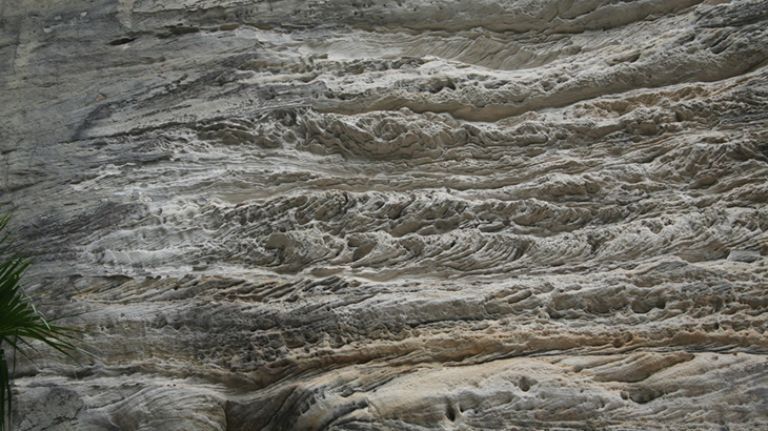Carbon Capture and Storage (CCS)
Page last updated:20 September 2023
Overview
Carbon capture, utilisation and storage (CCUS or CCS) is one of the technologies that can help to reduce our carbon dioxide (CO2) emissions to the atmosphere.
Technologies such as renewable energy, improved energy efficiency and fuel switching are aimed at preventing the creation of CO2 emissions. CCS complements these technologies by addressing emissions that currently cannot be avoided, such as CO2 emissions from industrial processes like steel or cement manufacturing. CCS also has the potential to directly remove CO2 from the atmosphere and store it permanently deep underground.
Geoscience Australia has had an active role in CCS for some 20 years, primarily in the areas of geological storage, greenhouse gas monitoring and verification, provision of technical advice, and outreach and education. Much of our work is closely aligned with or funded through our parent department, the Department of Industry, Science and Resources (DISR), and CO2CRC.
On this page, you can find out more about our current work on CCS-related projects, completed projects, our engagement in partnerships and collaborations, and further information - including our key publications and data releases.
NEW: 2023 GREENHOUSE GAS STORAGE ACREAGE RELEASE
The Australian Government released 10 offshore areas for greenhouse gas storage assessment on 29 August 2023. Companies are invited to submit work program bids for acreage. Bidding closes on Tuesday 28 November 2023. Click on the tile below for more information.
Keywords
Carbon capture, utilisation and storage; CCS; CCUS; carbon dioxide; greenhouse gas emissions; geological storage; greenhouse gas monitoring; enhanced oil recovery; EOR; coal; oil; gas; hydrogen; GEODISC; CO2CRC; NCIP; Carbon Storage Task Force.

Carbon capture and storage takes carbon dioxide and injects it deep underground.

Information on the 2023 release of areas for greenhouse gas storage assessment.

Studies to identify and assess Australia’s potential and capacity to store carbon dioxide in our sedimentary basins.

Geoscience Australia collaborates with a number of organisations to develop and test techniques and tools to detect and quantify CO2.

We work closely with State and Territory Geological Surveys, CSIRO, Universities, Federal and State Government Departments, industry, and international agencies and organisations.


